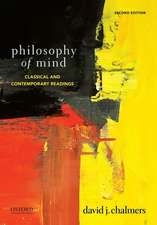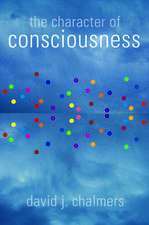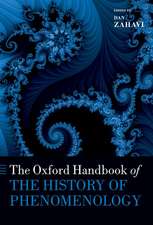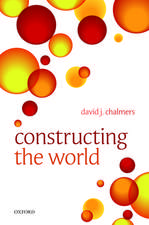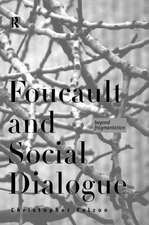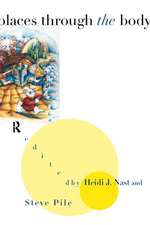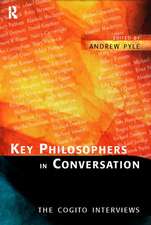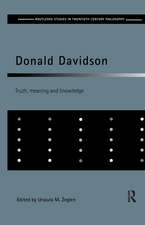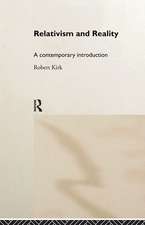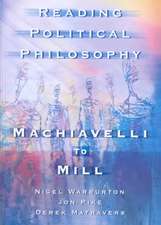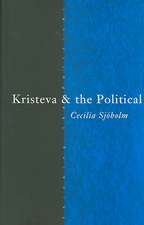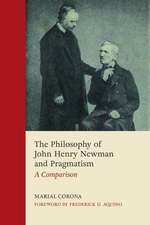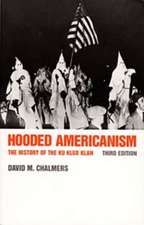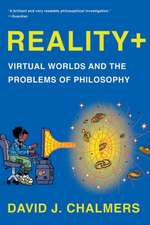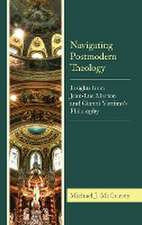Reality+
Autor David J. Chalmersen Limba Engleză Paperback – 7 feb 2023
In the coming decades, the technology that enables virtual and augmented reality will improve beyond recognition. Within a century, world-renowned philosopher David J. Chalmers predicts, we will have virtual worlds that are impossible to distinguish from non-virtual worlds. But is virtual reality just escapism? In a highly original work of 'technophilosophy', Chalmers argues categorically, no: virtual reality is genuine reality. Virtual worlds are not second-class worlds. We can live a meaningful life in virtual reality - and increasingly, we will.
What is reality, anyway? How can we lead a good life? Is there a god? How do we know there's an external world - and how do we know we're not living in a computer simulation? In Reality+, Chalmers conducts a grand tour of philosophy, using cutting-edge technology to provide invigorating new answers to age-old questions.
Drawing on examples from pop culture, literature and film that help bring philosophical issues to life, Reality+ is a mind-bending journey through virtual worlds, illuminating the nature of reality and our place within it.
Preț: 70.96 lei
Preț vechi: 83.54 lei
-15% Nou
Puncte Express: 106
Preț estimativ în valută:
13.58€ • 14.76$ • 11.42£
13.58€ • 14.76$ • 11.42£
Carte disponibilă
Livrare economică 03-09 aprilie
Livrare express 14-20 martie pentru 37.90 lei
Preluare comenzi: 021 569.72.76
Specificații
ISBN-13: 9780141986784
ISBN-10: 0141986786
Pagini: 544
Dimensiuni: 126 x 194 x 29 mm
Greutate: 0.37 kg
Editura: Penguin Books
Colecția Penguin
ISBN-10: 0141986786
Pagini: 544
Dimensiuni: 126 x 194 x 29 mm
Greutate: 0.37 kg
Editura: Penguin Books
Colecția Penguin
Notă biografică
David J. Chalmers is University Professor of Philosophy and Co-Director of the Center for Mind, Brain, and Consciousness at New York University. His previous books include The Conscious Mind and Constructing the World. He has given the John Locke lectures and has been awarded the Jean Nicod Prize. He is known for formulating the 'hard problem' of consciousness, which inspired Tom Stoppard's play The Hard Problem, and for the idea of the 'extended mind', which says that the tools we use can become parts of our minds.

